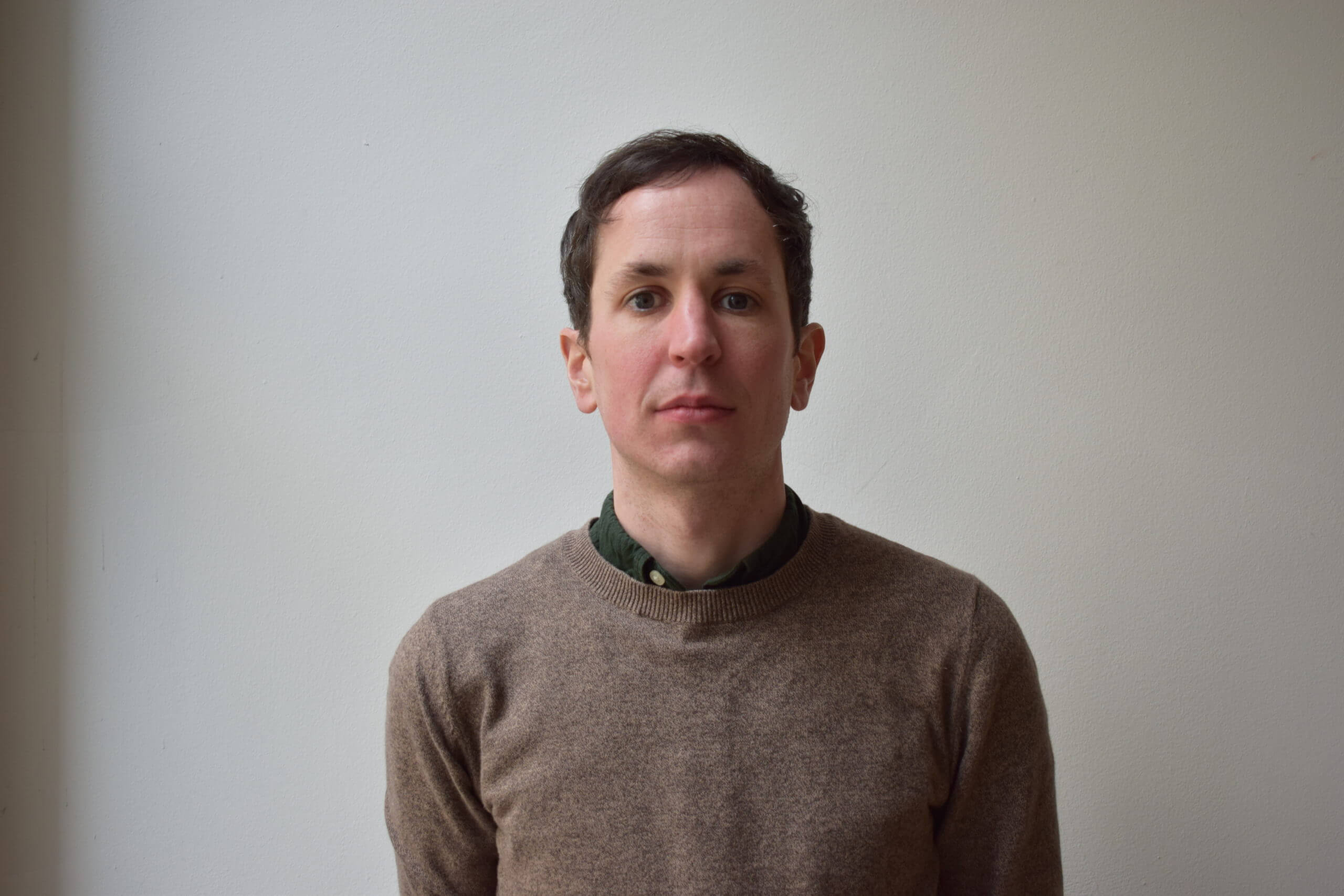
Conor D’Arcy, Head of Research and Policy, Money and Mental Health
What new work-related sanctions on Universal Credit will mean for people with mental health problems
27 January 2022
Today, the Department for Work and Pensions (DWP) has launched a new campaign, aimed at getting more people into work. Part of the plan includes expecting people receiving Universal Credit (UC) to search for any job after four weeks, rather than just in their preferred sector. If they don’t, they’ll face a cut to their benefits. But evidence for the claim that ‘any job is better than no job’ is thin on the ground, and that’s especially true for people with mental health problems. With the cost of living rising rapidly, hitting people’s incomes through sanctions risks causing real hardship.
The DWP’s move comes with the number of job vacancies at a record high following a post-Covid spike, with more than 1.2 million unfilled positions. But the unemployment rate is now much closer to its level before the pandemic, at 4.1%. While there’s a mixed picture on what’s behind the high rate of vacancies, people staying out of employment until they find the right job is certainly not the only driver.
Does work improve our mental wellbeing?
Beyond the broader economic and fiscal argument, the DWP’s Secretary of State also presented the move as ultimately improving the “mental wellbeing” of those seeking work. But research puts a major asterisk next to this claim: if the role people move into is poor quality, there is no improvement in their mental health.
This is something we’ve frequently heard from our Research Community – a group of thousands of people with lived experience of mental health problems. A job that matches people’s health needs can be brilliant, particularly when your employer is supportive. But when that’s not the case, and the role requires you to do tasks that your mental health makes extremely difficult, the consequences can be severe.
“My mental and physical health both suffered. I became a recluse at home because I couldn’t cope, but had to pretend at work that all was going well. I cried in the car on the way home every night and in bed every night. I put on a lot of weight due to comfort eating and my physical energy was so low that after a day/week at work, I just didn’t have any energy left to do things like housework, or cooking.” Expert by experience
What support do people with mental health problems need?
The new DWP campaign emphasises the “tailored support” people will get from their Work Coach, their main point of contact from DWP. The idea of assistance that understands how people’s mental health problems affect them practically, and what that means for the work they do, is something we have called for in the past. But despite improved training for Work Coaches, we still hear that there’s a long way to go.
“The focus the government provides for work support is very much ‘one size fits all’ and even when they talk about adjustments and considerations I feel their knowledge and experience is lacking.” Expert by experience
Making sure the benefits system supports people’s mental health is more important now than ever. That’s in part because it’s an issue affecting more people, with rates of depression higher than pre-pandemic. But it’s also vital because of the pressure that rising prices are exerting. Our work has shown how struggling financially can take a toll on your mental health. With energy prices and other key outgoings becoming more expensive, people relying on UC to meet those costs are likely to already be stressed.
On top of that, the way benefits are uprated mean they won’t keep pace with the current spike in inflation, and the removal of the £20 uplift is a hit that many will still be struggling to adapt to. Against this backdrop, putting people with mental health problems in the difficult position of having to apply for jobs they know won’t match their health needs – or face sanctions – risks worsening the vicious cycle of mental health problems and financial difficulties.
